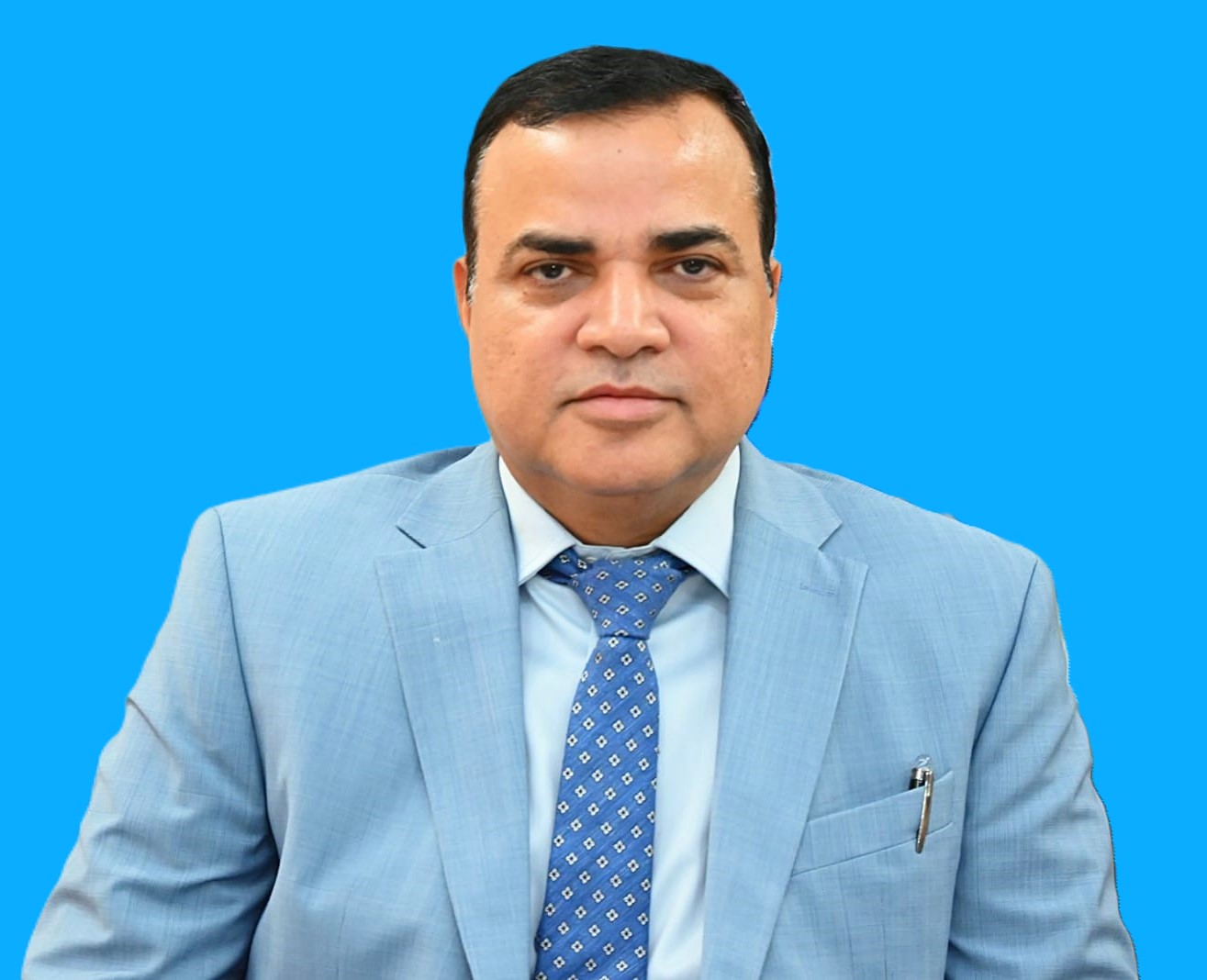
The social, political, economical, and environmental changes around the globe continue to transform the world into a global village, where the impact of action is not limited only to the boundaries of a state, but it spread to other countries as well. The recent crises, the COVID -19 pandemic and devastating floods in 2022 have not only created economic turmoil but also drastically affected the human development indicators, including education and development ... The School Education & Literacy Department, Government of Sindh, along with its strategic partners, have made progress by introducing reforms through formal education stream. However, we realize that the efforts only in formal stream will not be sufficient to address the critical magnitude of OOSCs, especially those in the age bracket of 10 – 16 years. Therefore, Literacy & Non-Formal Education must be accorded due attention and importance to enable OOSC to attain their right of access to education. The Directorate of Literacy & Non-Formal Education team deserves huge appreciation for achieving significant accomplishments, including but not limited to the curriculum development, tutors’ capacity building, designing and execution of assessment framework and introduction of middle tech stream to enable learners to gain like-skills and vocational skills. It is important to highlight that the crucial challenges of education demand collaborative efforts by all stakeholders working in the education sector. The Government of Sindh aims to strengthen literacy & non-formal education in a autonomous structure to enhance the effectiveness in the province. SE&LD, GoS appreciates the technical and financial cooperation of our strategic partners, Japan International Cooperation Agency (JICA), UNICEF and other implementers to advance our efforts of enhancing literacy rate in the province. We hope that through collaborative efforts and collective wisdom we shall enable every child of Sindh to attain his/her right of education.

It is a well-acknowledged fact that the quality and meaningful education is steppingstone to achieve societal transformation, which includes social, cultural, economic and environmental progress. After the 18th constitutional amendment, when education became the provincial chapter, the School Education & Literacy Department (SE&LD) has made significant improvements and have introduced reforms, but the natural calamities drastically affected our progress, severely damaged our educational infrastructure, and brought adversities of a gigantic scale.
... Understanding the magnitude of this challenge and reaffirming my commitment towards education, it gives me immense pleasure to share that SE&LD has already allocated resources to enhance NFE in Sindh. The efforts made by the Directorate of Literacy & Non-Formal Education in developing the restructuring plan through the L&NFE Sindh Act is worth highlighting and deserves huge appreciation. In addition to the financial resources, we have also initiated the restructuring process to bring robust yet essential changes in the NFE sector to address critical issues of illiteracy and out of school children. We have realized that the Directorate of Literacy & Non-Formal Education should function in an autonomous manner to facilitate and regulate the NFE implementers. The SE&LD regards and acknowledges the efforts of our strategic partners, i.e.; Japan International Cooperation Agency (JICA)’s Advancing Quality Alternative Learning project (AQAL), the United Nation’s International Children’s Emergency Fund (UNICEF), and United States Agency for International Development (USAID) for their continued support in institutional development, systems strengthening, policy and legislation and capacity building of all relevant stakeholders. I am particularly very much hopeful about the innovation and impact in NFE sector and assure my absolute support to this sector which will pave the way forward for millions of underserved children and adults in the province. I am confident in saying that the NFE is going to lay a solid foundation and continue to compliment the efforts of the School Education & Literacy Department, Government of Sindh in bringing OOSC and dropout children, especially those who missed their early years of schooling, back to the education. I am certain that through collaborative and collective efforts we shall bring lasting positive changes in the lives of children of Sindh.

The Directorate of Literacy and Non-formal Education (D-LNFE) Sindh was established in 2002, as an attached department of the School Education and Literacy Department, with the mandate to increase literacy rates focusing on Out of School Children (OOSC) and adult illiterates in Sindh through different specially designed learning programs. ...After a long time, now it’s a matter of pride and pleasure that finally the D-LNFE Sindh is digitally available under its URL. We believe that launching and maintaining a website for the LNFE Sindh can play a crucial role in enhancing the literacy rate and promoting skill development in the province. By providing access to educational resources and information, the website can serve as a valuable tool for NGOs/CBOs, sister departments, and the general public to help bring out-of-school children back to learning and skill development. The website can act as a central hub for information on various literacy-enhancing programs, initiatives, and policies implemented by the department. It can also provide information on the availability of educational resources such as textbooks, teaching materials, and teachers’ training programs. Additionally, the website can offer guidance on how NGOs and other organizations can partner with the department to support its initiatives and promote literacy and education in the province. No doubt a well-maintained website can help the department to effectively communicate with the public, feel their pulse and keep them informed about the latest developments in the field of LNFE. The website can also serve as a platform for feedback and suggestions from the public, which can be used to improve the quality and effectiveness of the department's initiatives. Here as the Director LNFE Sindh, I am grateful to JICA and UNICEF Pakistan, for their all-around support while for a matter of improvement, I would also like to request and welcome the visitors and stakeholders, for the valuable suggestions. Thank you